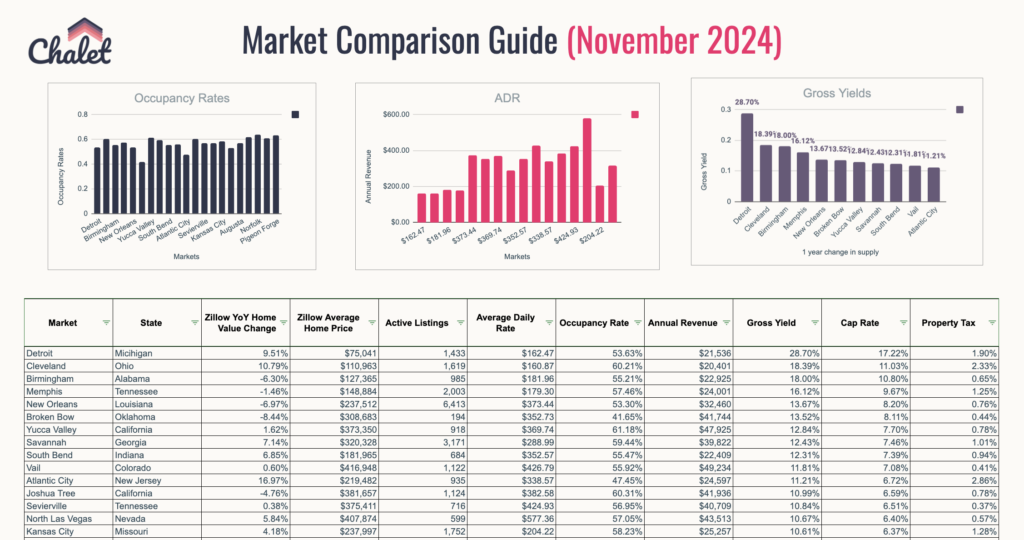Investing in real estate can be a lucrative way to build wealth over time. One strategy that has gained popularity in recent years is the 1031 exchange, which allows real estate investors to defer paying capital gains taxes by exchanging one investment property for another. Additionally, short-term rentals can offer high returns, but they come with their own set of risks and challenges. In this blog post, we will discuss common mistakes to avoid when conducting a 1031 exchange or investing in short-term rentals.
Mistake #1: Not following the 1031 exchange rules
One of the most significant mistakes investors make when conducting a 1031 exchange is not following the rules set forth by the IRS. To qualify for a 1031 exchange, the properties must be held for investment or for productive use in a trade or business, and they must be like-kind properties. Furthermore, there are strict timeframes that must be followed, including identifying a replacement property within 45 days and completing the exchange within 180 days. Not following these rules can result in disqualification of the exchange and tax consequences.
Mistake #2: Failing to do due diligence
Investing in short-term rentals can be attractive due to their high returns, but it’s essential to conduct thorough due diligence before making any investment. This includes researching the local market and demand, analyzing potential cash flow and expenses, and understanding any regulatory requirements or restrictions. Failing to do so can lead to a poor investment that doesn’t generate the expected returns.
Top 200 Airbnb Rental Markets

Instantly compare top 200 short-term (Airbnb) rental markets in the US
Mistake #3: Not considering the potential risks
Short-term rentals can come with a range of risks that must be considered before making an investment. These include potential damage to the property, liability issues, and changes in local regulations or laws. Investors must have a plan to mitigate these risks and ensure that they are covered by insurance.
Mistake #4: Not understanding the costs associated with short-term rentals
Short-term rentals can be expensive to operate, and investors must understand the costs associated with them. This includes cleaning and maintenance expenses, insurance costs, and property management fees. Failing to account for these costs can lead to unexpected expenses and reduced profits.
Mistake #5: Overleveraging
One of the most significant mistakes investors can make is overleveraging themselves when conducting a 1031 exchange or investing in short-term rentals. Taking on too much debt can put an investor in a precarious financial position, especially if the market experiences a downturn or if unexpected expenses arise. It’s important to be conservative when borrowing and ensure that cash flow is sufficient to cover all expenses and debt payments.
In conclusion, conducting a 1031 exchange or investing in short-term rentals can be an excellent way to build wealth, but it’s essential to avoid common mistakes. This includes following the 1031 exchange rules, conducting due diligence, considering potential risks, understanding costs, and avoiding overleveraging. By doing so, investors can maximize their returns and build a successful real estate portfolio.

